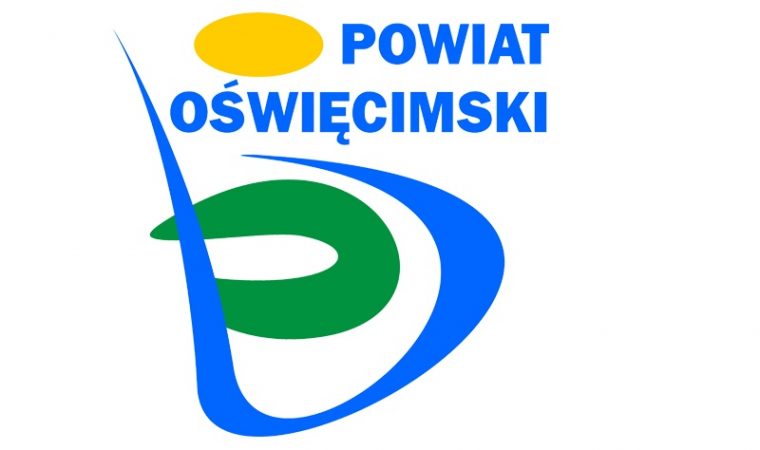MRA Agreement GMP: A Key Aspect of International Trade
Good Manufacturing Practice (GMP) is a regulatory framework for ensuring consistent quality and safety of pharmaceuticals, biologics, and medical devices. The implementation of GMP standards is critical in protecting public health by ensuring the quality and safety of products used by consumers. One crucial aspect of GMP is the Mutual Recognition Agreement (MRA) that facilitates international trade by recognizing the GMP compliance of pharmaceutical regulatory agencies across different countries.
MRA agreements between regulatory agencies are essential in promoting international trade and reducing trade barriers. The MRA agreement GMP recognizes the GMP compliance of regulatory agencies of different countries, eliminating the need for redundant testing and inspections during the import and export of pharmaceutical products. This speeds up the marketing authorization of products, reduces the cost of compliance for manufacturers, and promotes trade efficiency.
The MRA agreement GMP is a collaboration between the regulatory authorities of two or more countries. For instance, the US Food and Drug Administration (FDA) has entered into MRA agreements with different regulatory agencies worldwide. Under these agreements, each country or regulatory agency agrees to recognize and accept the GMP compliance inspections conducted by their partner countries.
The MRA agreement GMP has several benefits to manufacturers and regulatory agencies, including:
1. Reduced Cost: The MRA agreement GMP reduces the cost of compliance for manufacturers by eliminating redundant testing and inspections, streamlining the regulatory process, and reducing trade barriers.
2. Reduced Regulatory Burden: The MRA agreement GMP reduces the regulatory burden by allowing regulatory agencies to rely on the inspections and assessments of their partner countries, reducing the need for duplicative regulatory activities.
3. Faster Product Approval: The MRA agreement GMP speeds up the product approval process, reducing time-to-market and improving efficiency.
4. Improved Quality: The MRA agreement GMP promotes the global harmonization of GMP standards, ensuring consistent quality, and safety of products across borders.
In conclusion, the MRA agreement GMP is a vital aspect of international trade that recognizes the GMP compliance of different regulatory agencies worldwide. By promoting global harmonization of GMP standards, the MRA agreement GMP facilitates international trade, reduces the cost of compliance, and improves the efficiency of the regulatory process while promoting public health and safety. It is a critical tool in ensuring that quality and safety standards are upheld across borders, making the world a better place for everyone.


